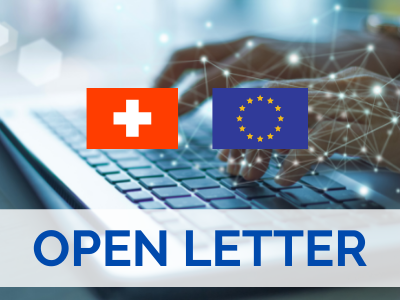UNICA and other Science Organisations publish joint open letter to European decision makers regarding the participation and future status of Switzerland within Horizon Europe
07 June 2021 | From UNICA - From partners

15 European STI Councils and Advisory Bodies and other Science Organisations, including UNICA, published an open letter outlining the importance of continuing the long established and mutually beneficial cooperation between the EU and Switzerland in the domain of research and innovation.
The joint letter is an appeal to let Switzerland take part in Horizon Europe, EU’s key funding programme for research and innovation with a budget of €95.5 billion, following the decision of the Swiss Government to end years of negotiations with the EU for an Institutional Framework Agreement to regulate long-term ties. Although these negotiations were not related to collaboration in science and research, the signatories are concerned that the EU might respond to the situation by excluding Switzerland from participating in Erasmus+ and Horizon Europe programmes.
On the long established tires between EU and Switzerland, the letter outlines:
- Switzerland has been an Associated Country since 2004, with a short-term interruption as partially Associated Country between 2014 – 2016;
- Under the previous FPs, Switzerland has made important contributions in many fields, such as the health sector, climate, and quantum technologies;
- Switzerland is a founding member of the European Space Agency;
- Switzerland is a founding member COST and EUREKA;
- Together with France, Switzerland is the host country to the European Organization for Nuclear Research (CERN);
- Switzerland is home to world-class research institutions and ranked among the most competitive and innovative countries for years. As an open nation to research and innovation, it contributes through its collaborations and co-authorships to the excellence of the European Research Area (ERA).
The signatories also draw attention to the challenges that the world is currently facing, including Climate Change and the post-Covid recovery, and how collaboration is key to overcome these.
Read and share the complete letter:
The 15 signatories:
- Austrian Science Council;
- Estonian Academy of Sciences;
- Flemish Advisory Council for Innovation & Entrepeneurship;
- Latvian Council of Science;
- National Research, Development and Innovation Office of Hungary;
- Research Council of Lithuania;
- The Danish Council for Research and Innovation Policy;
- Academia Europea (The Academy of Europe);
- Aurora Universities Network;
- European Consortium of Innovative Universities (ECIU);
- Coimbra Group;
- League of European Research Universities (LERU);
- The Guild;
- Universities from the Capitals of Europe (UNICA);
- Universities of Applied Sciences for Europe (UAS4Europe)
Further context on the EU-Swiss relationship in science & research
Fears over the possibility of Switzerland being excluded from EU’s research and student exchange funding schemes are plausible having in consideration previous episodes in the relationship between the EU and Switzerland. In 2014, after the controversial Swiss vote to re-introduce immigration quotas for EU citizens, the country’s participation in EU’s research programme was suspended for six months, which led swiss researchers to lose two calls for the European Research Council grants.
Switzerland was able to rejoin Horizon 2020 afterwards, but participation in Erasmus+ remained limited to the partner status. The country responded to this with a Swiss-funded interim programme for exchanges (the Swiss-European Mobility Programme – SEMP), but it’s currently looking to obtain a response from the EU to get the associated country status for the Erasmus+ 2021-27.
To ensure Switzerland’s participation in the 2021-2027 Horizon package, last year Switzerland approved the funding dispatch involving the funds necessary to assure Switzerland’s participation in the 2021– 2027 Horizon package, hence securing Switzerland’s participation. However, the dispatch outlines three possible scenarios: full association, partial association or participation as a third country. This means that, as a partial or third country associate, Switzerland might be excluded from some programmes, especially in areas where the country is rather specialized. In fact, there have been disagreements between the European Commission and members states over the participation of Israel, Switzerland and the UK in quantum and space projects. As a founding member of the European Space Agency and that is one of the host countries of CERN, where research on quantum is carried out, it will be quite damaging for Science overall if the exclusion is confirmed.
In conclusion, universities and other science institutions wish that political discussions on the EU-Swiss framework agreement are kept separate from the negotiations on the Horizon Europe association, and this open letter by 15 institutions is a testimony of such position.


 Co-funded by the European Union. Views and opinions expressed are however those of the authors only and do not necessarily reflect those of the European Union or the European Education and Culture Executive Agency (EACEA). Neither the European Union nor the granting authority can be held responsible for them.
Co-funded by the European Union. Views and opinions expressed are however those of the authors only and do not necessarily reflect those of the European Union or the European Education and Culture Executive Agency (EACEA). Neither the European Union nor the granting authority can be held responsible for them.